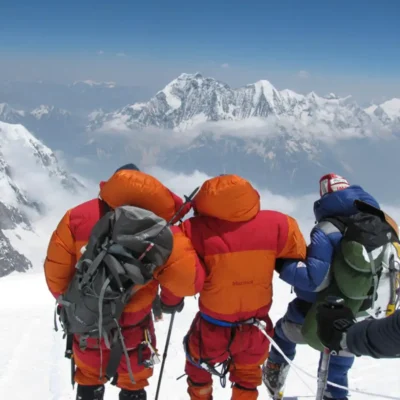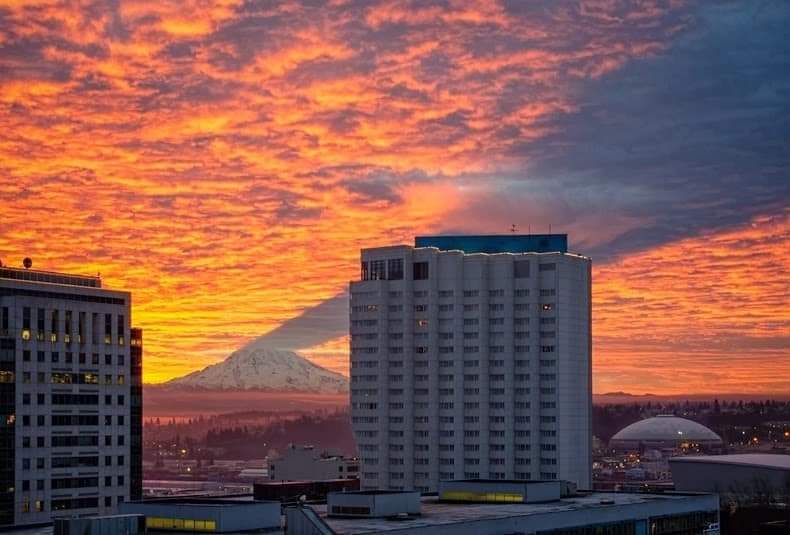
Skylab was launched in 1973. The first space station was Salyut 1, launched by the Soviet Union in 1971. But it was a failure. Later America comes with Skylab. Skylab was a huge success. But Skylab only had the setup for launch. There was no call back facility. Skylab’s main purpose was to observe the sun. Over five years, astronauts spent 700 hours aboard Skylab observing the Sun and taking more than 1,75,000 pictures.

Year five is over. Skylab’s condition worsened earlier than expected. Sunburn played a major role in that. The idea of turning Skylab into a space wreck was put forward by NASA, but the cost and other technical difficulties set it back.

The news of a giant space object about to fall overhead also created political movements in the United States. NASA had no definitive answer to the natural question of how many people would die. Even though NASA said that they believe that they will not die and that the risk of an accident to the people is 1 in 152, the people did not accept it. NASA had said that Skylab would land in the Indian Ocean.

That’s why Indian people and Australians alike were afraid of Skylab. Meanwhile, the American newspaper ‘San Francisco Examiner’ published an advertisement. “10,000 dollar reward if you bring the remains of Skylab to our office within 72 hours of falling into the ocean.” The idea was who would take the Skylab falling into the sea.

And so the long awaited day came. Skylab returned to Earth on July 11, 1979. Skylab burst through the atmosphere and fell into the Indian Ocean in a fireball. The whole thing did not fall into the ocean. Small parts of the Allara also fell in Western Australia.

Stan Thornton, a 17-year-old from Western Australia, collected some debris and immediately boarded a plane to America. He was also given a newspaper award. The remains of Skylab collected from many people are now in a museum in Esperance, Australia.

Anyway, ISS will not fall like Skylab fell. Now science has evolved. Technology has also evolved. So NASA will land it right in the ocean.






Recent Comments